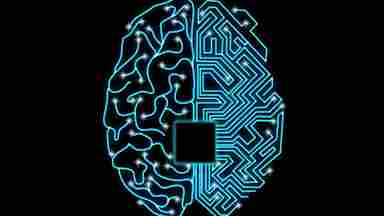OVERVIEW
Most cybercriminals likely exploit psychological vulnerabilities more so than vulnerabilities in hardware or software. An estimated 84% (or more) of “hackers” leverage information from digital footprints and public records, sometimes entirely in place of computer code. Written by a team of cognitive researchers, this op-ed suggests that better brain health can help protect from cybercrime while preserving and nurturing brain capital, a critical collective asset in the digital economy. Research points to cognitive bias as making people more vulnerable to digital scams and thefts, especially in this age of accelerated change and uncertainty. The authors propose that greater awareness and education on bias, within purpose- and value-driven communities, is essential. They urge leaders to adopt honest, encouraging approaches that will guide their teams to feeling valued and empowered to proactively strengthen brain health and protect from cognitive exploitation.“”




